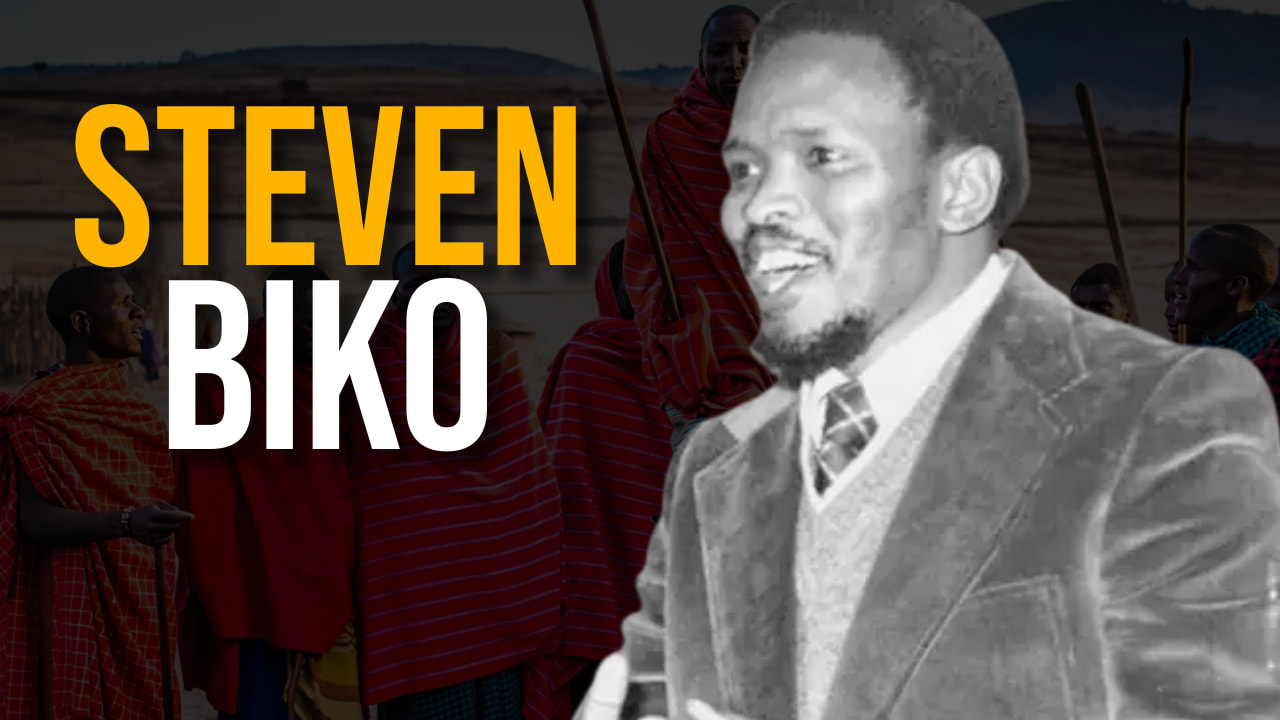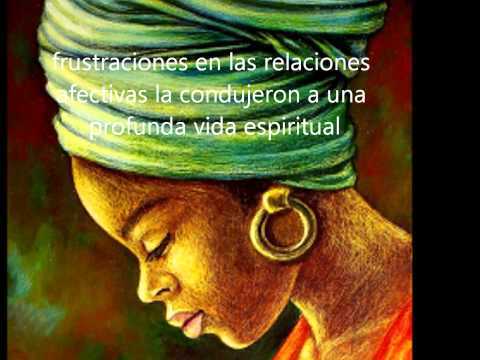|
Stephen Bantu Biko was born in King William’s Town, Eastern Cape, South Africa, in 1946. As a child, he showed interest and became active in the anti-apartheid movement. He was expelled from Lovedale High School because of his activism, he was said to have anti-establishment behavior. He would later enroll in St. Francis College in KwaZulu-Natal to further his education. After Biko graduated from St. Francis College he attended the University of Natal’s Medical School. As a medical student, Biko became a member of the National Union of South African Students, an organization that was dedicated to the restoration of black rights. The union was comprised of many white liberal students and Biko found that the union did not meet the needs of the black students. Biko resigned from the union in 1969 and started his own organization to serve black students, the South African Students’ Organization (SASO). Biko along with the members of the SASO provided black students and citizens with legal aid, and medical care, and also helped develop a cottage industry. The SASO became the leader of the black consciousness movement in South Africa under the presidency of Stephen Biko. In 1972, Biko was expelled from St. Francis College; once again his activism for his people compromised his educational aspirations. Later in 1972, the Black Peoples Convention was co-founded by Stephen Biko and colleagues. This organization became the new lead organization of the black consciousness movement. They were able to bring together and organize 70 different black-conscious groups with intentions to liberate black people. In 1973, as president of the Black Peoples Convention, Biko’s activism was banned by the apartheid-supporting government. His banishment included restricting him to his birth city only, he could not release any writings or speeches publicly, and he could not support the Black Peoples Convention. Despite facing governmental pressure and resistance, Biko created the Zimele Trust Fund to help aid the families of political prisoners. Between 1975 and 1976, Biko was arrested four times by the Apartheid-supporting government. During his detention in 1977, Biko received a massive head injury during an interrogation session by a corrupt law enforcement officer. Medical Doctors purposely overlooked the seriousness of Biko’s injuries which caused him to remain semi-conscious until his death. September 12th, 1977, Stephen Biko was found dead and naked on a prison floor in the Pretoria Central Prison. The untreated injury he received to his head is said to have caused his death. No one was charged in the death of Biko even though five former guards confessed to killing Biko 20 years later. Biko became an international symbol of freedom and courage. All black-conscious groups that were associated with Biko were banned until the United Nations Security Council imposed arms against South Africa. Biko should be remembered throughout the times for his bravery and love for his people. Even as a child, he could recognize the injustices around him, but he not only recognized injustice he oppose injustice. Mr. Stephen Bantu Biko, we proudly stand on your shoulders. J.A. Ward. Click below to support the OTSOG book series
0 Comments
Beatrice Kimpa Vita was born in 1684 in the Kingdom of the Kongo to a family of nobility after the death of King António I. As a young child she was said to have the gift of vision and the ability to communicate with the spirit world. She received training as an Nganga Miranda (Shaman) to help her improve her communication with the spirit world. During the early 1700’s Kimpa Vita received training as a Missionary, her Christian influence along with her uncanny abilities helped improve her abilities as well as her reputation. At the age of 20 Kimpa Vita became stricken by an illness which caused a near death experience. During her near death experience she received visions from St. Anthony of Paudua, and was said to have become reincarnated as St. Anthony. Beatrice Kimpa Vita was now said to be the physical manifestation of St. Anthony, and a force to be reckoned with. She was compelled to reunite the Kingdom of Kongo under one ruler and strengthen her people. Her mission was long overdue for a war torn nation. Kimpa Vita in her efforts to unite and strengthen the Kongo Kingdom created Antonianism; which is a mixture of Konoglese culture and history with Christianity. While moving towards uniting her Kingdom Kimpa Vita began to gain a large following which was seen as a threat to the Catholic Church. Kimpa Vita and her following opposed the mission of the Catholic Church. She claimed to be a vessel of God completing a divine mission. In 1705 Kimpa Vita resided is Sao Salvador where she won the allegiance of Pedro Constantinho da Silva Kibenga, commander of one of King Pedro IV’s armies. Pedro Kibenga’s alliance with Kimpa Vita angered King Pedro IV and he was on a mission to eliminate Kimpa Vita. Her Antonian missionaries were sent out to gain converts to their mission, they became successful in South Soyo as well as Mbamba Lovata. Kimpa vita and her followers pushed the ideas that God, Jesus, and his saints were African and heaven was for Africans as well as whites. These ideas were contrary to the historic ideas of Christianity in the Kongo; Kimpa Vita’s ideas were revolutionary and truly empowering for her people. In 1706, Kimpa Vita was captured by King Pedro IV and charged with heresy for attempting to empower her people. She was later bound and burned at the stake. After her death the Antonian movement did not die, her followers continued to fight until they were defeated by King Pedro IV’s army in 1709. Kimpa Vita was one of Africa’s first warriors to oppose the colonization of Africa. Her ideas and beliefs helped create an all-black Christian movement designed to liberate the people of the Kongo. It is said that her ideas did not die with the movement. Her ideas are said to have become an inspiration to the “Stono Rebellion” in South Carolina as well as the Haitian Revolution. Kimpa Vita lived and died for the freedom of her people, an example we can proudly follow today. Mrs. Beatrice Kimpa Vita, we stand on your shoulders. J.A. Ward. Click below to view the Beatrice Kimpa Vita video |
Details
Categories
All
Click Here to join our mailing list
|
Contact Us: |
Connect With Us |
Site powered by PIT Web Design



 RSS Feed
RSS Feed



